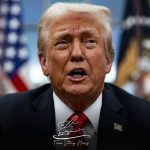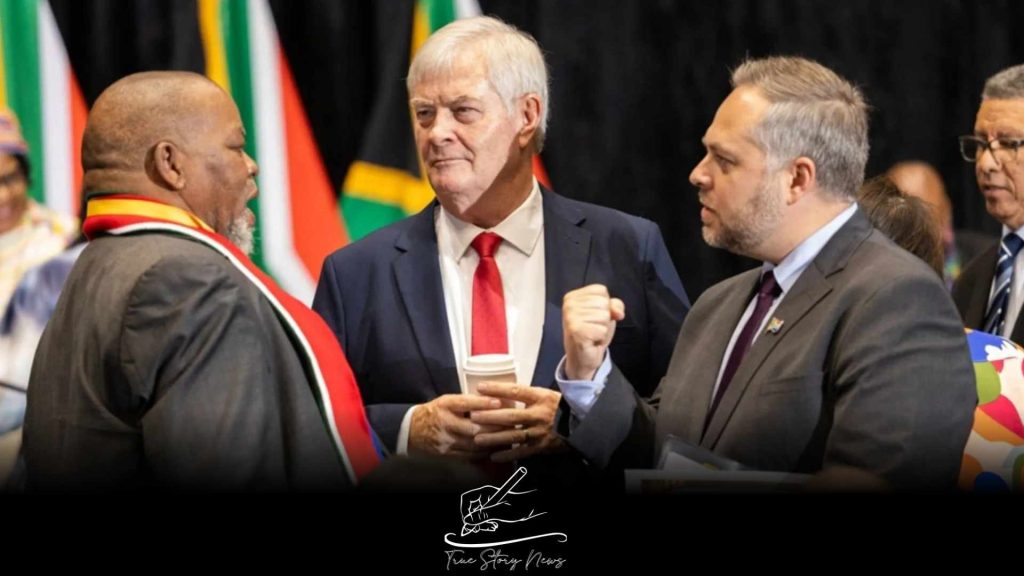The decision to allow Ukrainian diplomats visa-free entry into South Africa has ignited significant backlash among political factions.
On Sunday, South Africa’s Home Affairs Minister Leon Schreiber, representing a different political party than the president, revealed the agreement, referring to Ukraine as a “valued ally.”
The presidency has taken issue with Schreiber for publicizing the agreement without the formal approval of President Cyril Ramaphosa.
Critics view the agreement as a challenge to South Africa‘s enduring ties with Russia, despite the nation’s neutral stance on the ongoing conflict in Ukraine.
The African National Congress (ANC) has expressed significant disagreement with the Democratic Alliance (DA), its primary coalition partner, regarding the nation’s ties with Russia.
The African National Congress (ANC), the ruling party in South Africa since the conclusion of apartheid three decades ago, experienced a significant setback in May’s general election, resulting in the loss of its majority and necessitating a coalition with other political entities.
During the recent Brics summit in Kazan, President Ramaphosa sparked controversy by referring to Russia as a “valued friend,” a statement that drew ire from the Democratic Alliance (DA). The DA has expressed its disapproval of Russia’s invasion of Ukraine in the past.
Schreiber announced on X, in a significant development, the signing of an agreement to grant visa-free access to Ukrainian holders of diplomatic, official, and service passports, as well as their counterparts in Ukraine.
The minister stood by the decision, emphasizing Ukraine’s backing of South Africa during its fig
The presidency responded, asserting that Schreiber’s announcement was premature, as he lacked authorization from the president.
Vincent Magwenya, the spokesperson for Ramaphosa, questioned the minister’s authority to announce the signing of an international agreement without formal authorization.
Ronald Lamola, the minister of international relations, met with Andrii Sybiha, his counterpart from Ukraine, on Monday, indicating that the agreement still needs finalization and signing.
“We will sign the agreement once all diplomatic procedures are complete,” Lamola said.
Leigh-Ann Mathys, the spokesperson for the Economic Freedom Fighters (EFF), an entity outside the coalition government, has criticized the agreement, labeling it a “betrayal” of South Africa’s solidarity with Russia.
Former President Jacob Zuma’s emerging opposition party, uMhkonto weSizwe (MK), has called on President Ramaphosa to refrain from signing the agreement.
“According to MK party spokesperson Nhlamulo Ndhlela, who criticized the pro-white imperialist stance of the DA in an interview with local media, the agreement with Ukraine aims to facilitate the movement and near-evacuation of defeated right-wing Ukrainians to South Africa.”












